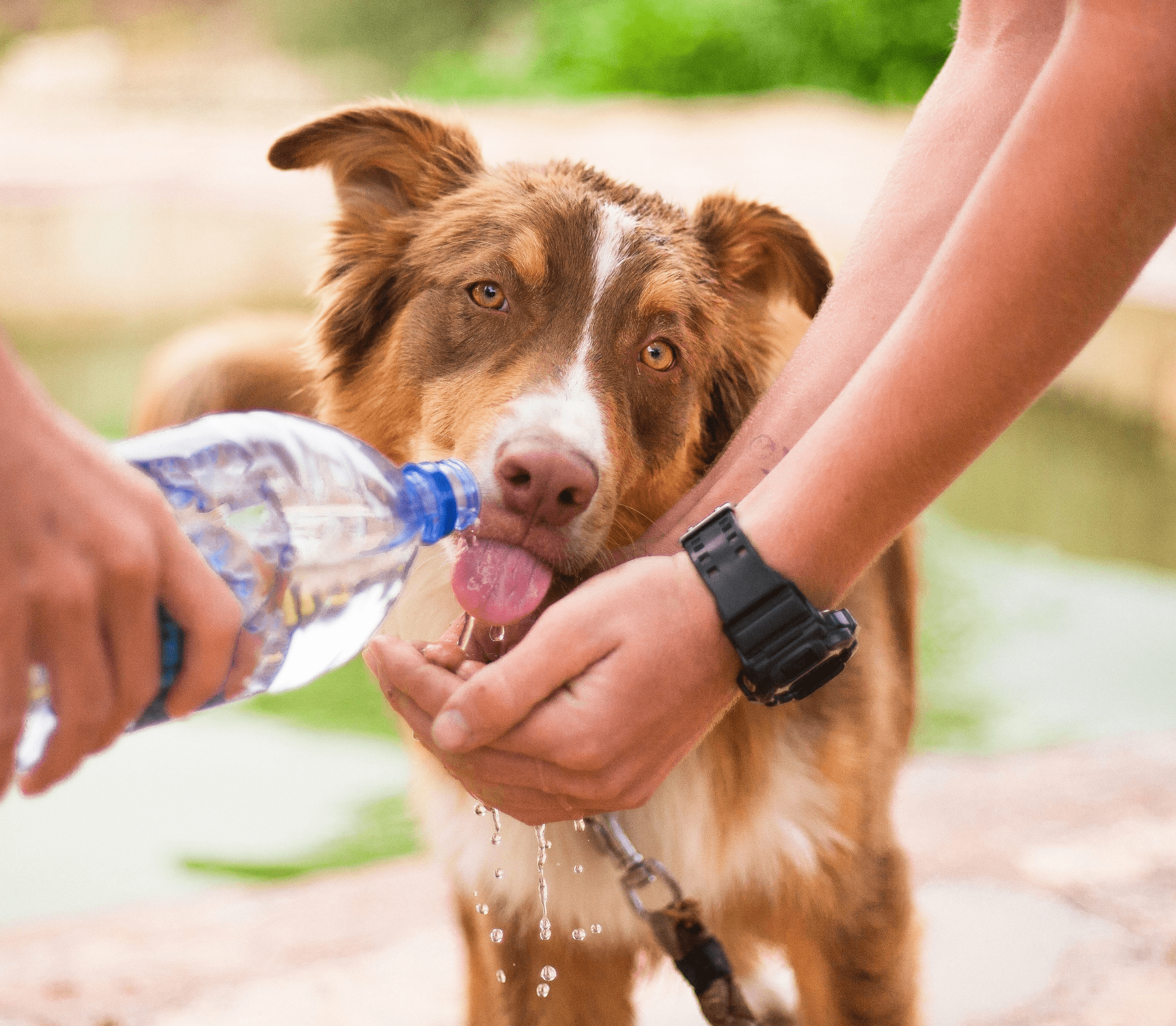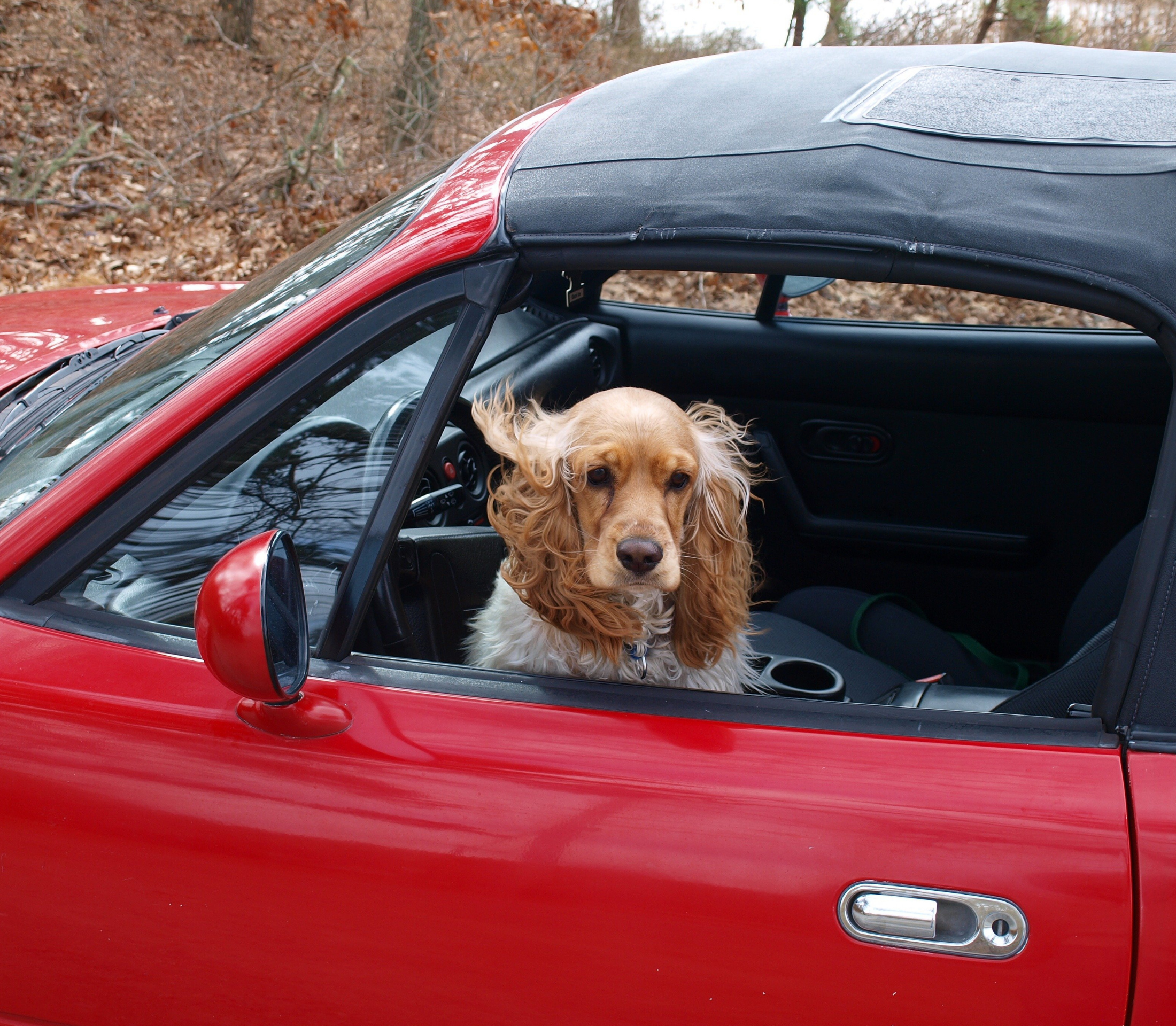Your Dog’s Golden Years
Did you know that some dogs are considered seniors as early as age seven? Dogs all age a bit differently, with big dogs entering their golden years soonest. As your furry friend ages, you’ll see some changes in his appearance and behavior. Fido will also benefit from some extra TLC. A local Washington DC vet offers some tips on senior dog care below.
Proper Exercise
Obesity is often an issue with older dogs, in large part because they just aren’t as active as their younger counterparts. Don’t let Fido become a complete couch potato! While you don’t want to overexert your pet, it is important to keep him active. Most dogs need at least a daily walk. When it’s warm enough, your canine pal may also enjoy going swimming.
Senior Comforts
Small touches will help keep your canine companion much more comfortable. Orthopedic beds are at the top of the list of doggy luxury items. Fido may also appreciate having elevated bowls to eat from. Pet ramps and stairs will help your dog get around more easily. It’s also important to keep up with your pup’s grooming and dental care needs.
Veterinary Care
Your four-legged friend will benefit from more frequent veterinary appointments as he grows older. Regular exams greatly increase the chance of small changes that could indicate developing issues being discovered early on, which is always beneficial. You’ll also want to keep an eye out for signs of illness, such as vomiting, diarrhea, and weight changes. Contact your vet right away if you notice anything wrong.
Diet
Good food is important at all stages of Fido’s life. At this point, your vet may advise making some changes, particularly if your pup develops health issues. For example, dogs with kidney problems may need to eat low-protein food. Your pooch may also benefit from certain supplements. Ask your vet for specific advice, including tips on when and how to switch to senior-formula pet food.
Tail Wags
Last but not least, pay lots of attention to Fido, and make sure he feels loved, safe, and perhaps just a little bit spoiled. The time you have to spend with your furry best buddy will pass all too quickly. Savor this special phase in your pet’s life!
As your local Washington DC vet clinic, we are dedicated to offering great veterinary care. Please feel free to contact us anytime.



